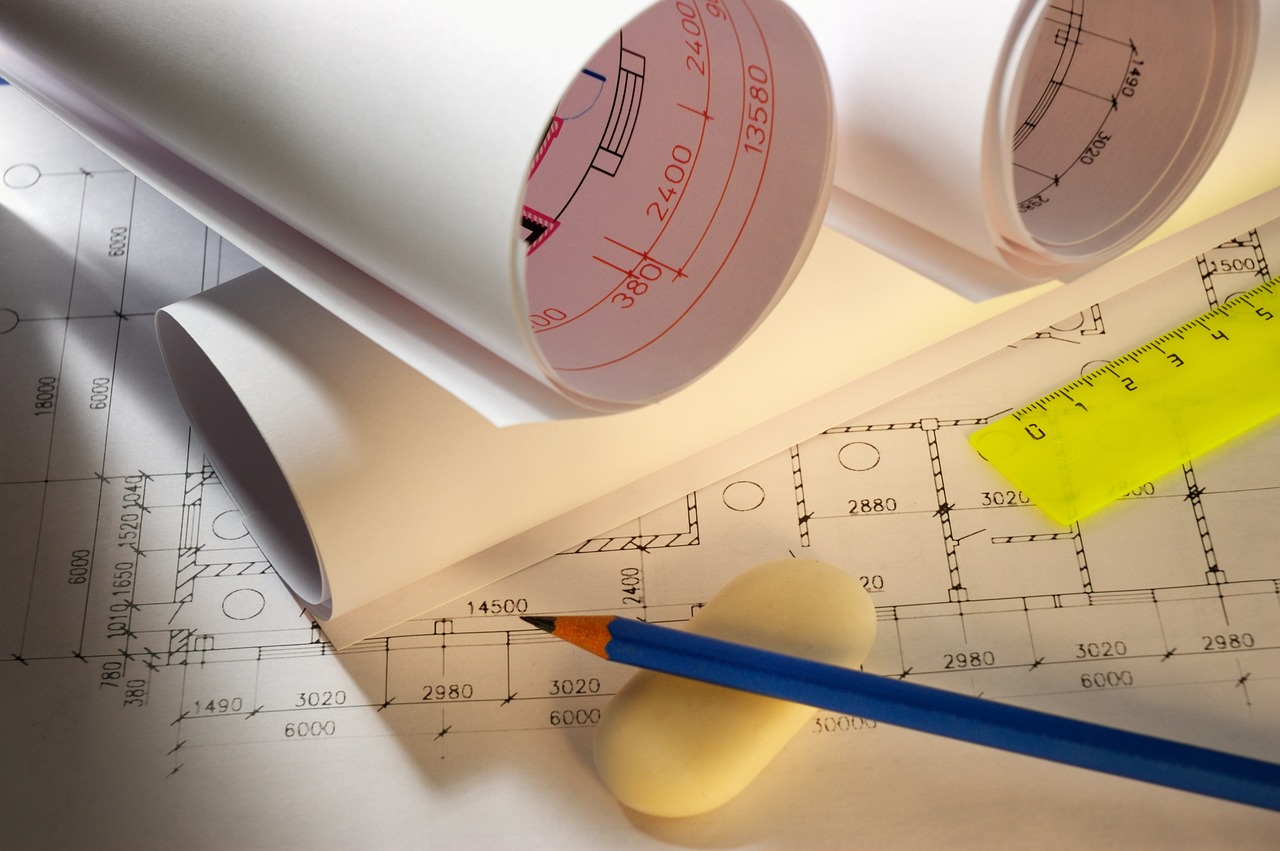Exploring the Role of Farm Equipment in Soil Conservation
11 x play login, india24bet, Skyfairs Signup:Farming is a vital industry that plays a crucial role in providing food for our growing population. However, the process of agriculture can also have a negative impact on the environment, particularly on soil health. Soil erosion, soil compaction, and loss of soil nutrients are some of the major challenges that farmers face when it comes to soil conservation.
One of the key factors in soil conservation is the use of proper farm equipment. Farm equipment can greatly impact soil health and help farmers implement sustainable farming practices. In this article, we will explore the role of farm equipment in soil conservation and how it can help farmers maintain and improve soil health.
Understanding the Importance of Soil Conservation
Soil is a vital resource that plays a critical role in the production of food. It provides essential nutrients to plants, regulates water flow, and supports the diversity of life on Earth. However, soil is a finite resource and can be easily degraded by farming practices such as excessive tilling, the use of heavy machinery, and the application of chemical fertilizers and pesticides.
Soil erosion is one of the most significant threats to soil conservation. When soil is eroded, it loses its fertility, structure, and ability to hold water. This can lead to decreased crop yields, increased runoff, and pollution of water sources. Soil compaction is another issue that farmers face, as heavy machinery can compact the soil, reducing its ability to absorb water and nutrients.
The Role of Farm Equipment in Soil Conservation
Farm equipment plays a crucial role in soil conservation by helping farmers implement practices that protect and improve soil health. Here are some ways in which farm equipment can contribute to soil conservation:
1. No-Till and Reduced-Till Farming: No-till and reduced-till farming practices help reduce soil erosion by minimizing disturbance to the soil. Specialized equipment such as no-till drills and planters can be used to plant crops without tilling the soil, preserving its structure and reducing erosion.
2. Cover Crops: Cover crops are plants that are grown to cover and protect the soil during periods when the main cash crop is not growing. Cover crops help prevent erosion, improve soil structure, and add organic matter to the soil. Farm equipment such as seed drills and cultivators can be used to plant and manage cover crops effectively.
3. Precision Agriculture: Precision agriculture uses technology such as GPS, sensors, and software to optimize farming practices and maximize crop yields while minimizing environmental impact. Equipment such as GPS-guided tractors and variable rate applicators can help farmers apply inputs such as fertilizers and pesticides more efficiently, reducing waste and pollution.
4. Conservation Tillage: Conservation tillage practices help reduce soil erosion and improve soil health by minimizing soil disturbance. Equipment such as chisel plows and disc harrows can be used to incorporate crop residues into the soil, promoting the growth of beneficial microorganisms and improving soil structure.
5. Soil Testing and Nutrient Management: Soil testing helps farmers determine the nutrient content of their soil and make informed decisions about fertilization. Equipment such as soil probes and nutrient applicators can be used to sample soil and apply fertilizers and amendments accurately, preventing nutrient runoff and leaching.
6. Drainage Management: Proper drainage management is essential for soil conservation, as excess water can lead to waterlogging, erosion, and loss of nutrients. Equipment such as tile plows and ditchers can be used to install drainage systems that prevent waterlogging and improve soil aeration.
Farm Equipment FAQs
1. What is the best type of farm equipment for soil conservation?
There is no one-size-fits-all answer to this question, as the best type of farm equipment for soil conservation depends on factors such as soil type, climate, crop rotation, and farm size. Farmers should consult with agronomists and extension specialists to determine the most suitable equipment for their specific needs.
2. How can farmers reduce soil compaction caused by heavy machinery?
Farmers can minimize soil compaction by using equipment with low ground pressure, such as tracks instead of tires, and by avoiding field operations when the soil is too wet. Controlled traffic farming, which involves confining all farm machinery to permanent traffic lanes, can also help reduce soil compaction.
3. What are some cost-effective ways to implement soil conservation practices on the farm?
Farmers can implement cost-effective soil conservation practices by investing in used or refurbished equipment, sharing equipment with neighboring farmers, and taking advantage of government cost-share programs and incentives for conservation practices. Developing a long-term soil conservation plan and prioritizing practices that provide the greatest benefits can also help farmers maximize their resources.
In conclusion, farm equipment plays a vital role in soil conservation by helping farmers implement sustainable practices that protect and improve soil health. By investing in the right equipment and adopting soil conservation practices, farmers can ensure the long-term productivity and sustainability of their farms. Together, we can work towards a future where agriculture and the environment can thrive in harmony.







